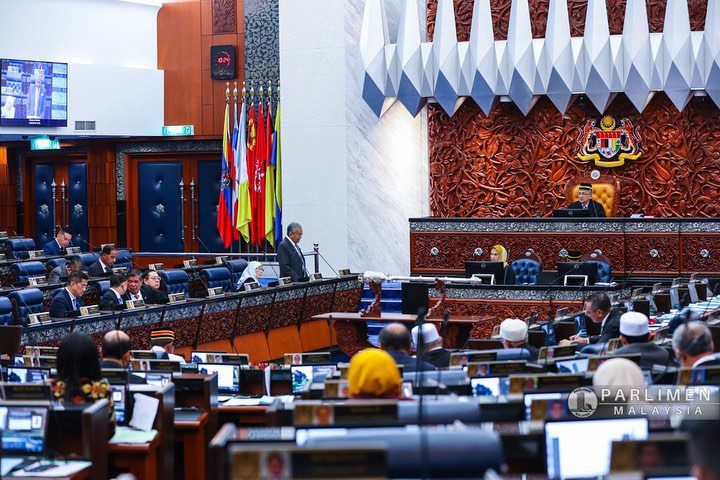Amnesty International Malaysia is concerned by the Home Minister Datuk Seri Hamzah Zainuddin’s statement on 10 August that a bill to establish an Independent Police Conduct Commission (IPCC) will be tabled in Parliament this Wednesday, 26 August. Despite being part of consultations with the government during earlier versions of the bill, previously known as the Independent Police Complaints and Misconduct Commission (IPCMC), civil society organisations have not been informed about the contents of this new bill, which Law Minister Datuk Takiyuddin Hassan has vaguely described as having “a slightly different function.”
“Effective oversight of the police contributes towards improving law enforcement,” said Katrina Maliamauv, Executive Director of Amnesty International Malaysia. “However, effective oversight can only happen when a fully independent commission is equipped with sufficient powers and authority to investigate wrongdoings by the police. The government’s lack of transparency with this IPCC Bill does not give confidence that this will be the case.”
Efforts to engage the government on the IPCC and request for access to a draft bill have not received any response. In July, Amnesty International released a briefing titled, “A Historic Opportunity: Ensuring An Effective Police Commission in Malaysia,” which analyses the police oversight commission that was proposed by the previous government, gives examples of cases of police abuse that an effective oversight body would address, and highlights areas of the draft legislation to create the body that could be strengthened.
Amnesty International Malaysia believes that there are several key elements that should be present in any oversight mechanism to ensure that it can function properly to hold abusive police accountable. The IPCC must be able to prioritise serious abuses by police, including any death in police custody or as a result of police action. The proposed commission should also have full operational independence from the executive and be free from political influence, including in the appointment of commissioners.
The IPCC must also be afforded full investigatory powers, similar to those of a police investigator and that of the current Enforcement Agency Integrity Commission (EAIC). It should also have the power to refer cases to the public prosecutor for criminal prosecution and the ability to appeal decisions not to prosecute, if dissatisfied with the prosecutor’s decision in a case. The work of a police oversight mechanism should be highly transparent.
In order to be fully transparent, and sustain public trust, the IPCC should ensure that complaints are dealt with in a timely fashion, and that complainants are kept up to date on ongoing investigations. It must also regularly issue detailed reports and publish its investigative findings as well as recommendations. Civil society should play an active role in the work of the commission, in order to bring attention to important issues of policing, and provide expertise and input in reforming policies. Finally, Amnesty International Malaysia calls on the government to ratify the UN Convention against Torture and Other Cruel, Inhuman or Degrading Treatment or Punishment.
“It has been over 15 years since the IPCMC was first proposed,” said Katrina Maliamauv. “We call on the government to release this bill transparently and ensure that it is sufficiently strong so that the commission will function effectively. This will go a long way to reassuring the public that the police will be held accountable for abuses that have undermined its reputation and serve all Malaysians by upholding the rule of law.”
Background
The Independent Police Complaints and Misconduct Commission (IPCMC) was first proposed by the 2004 Royal Commission of Inquiry to Enhance the Operation and Management of the Royal Malaysian Police.
In July 2019 a draft bill was tabled in Parliament. Civil society organisations, including Amnesty International, criticised the bill for granting insufficient powers and independence to ensure its effectiveness.
The bill was then tabled with 24 amendments for the second reading in October 2019 before being referred for further review to the parliamentary special select committee, which reportedly made 12 additional amendments. Unfortunately, the Pakatan Harapan administration postponed the planned December tabling of this amended bill and the coalition collapsed at the end of February 2020.


